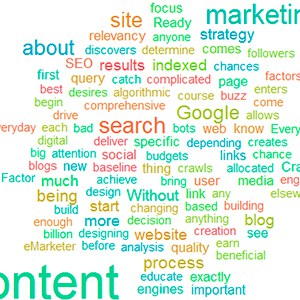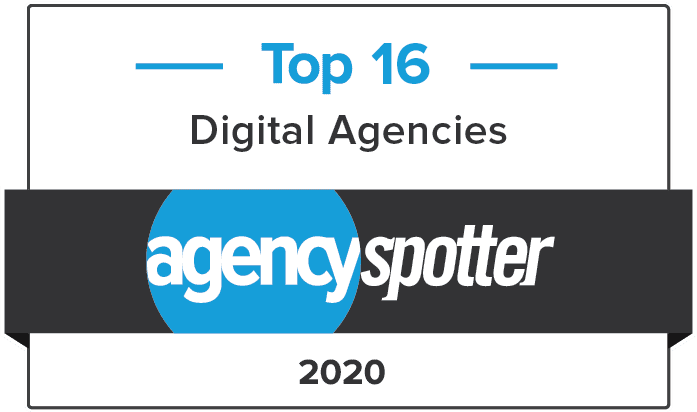
Content Marketing and SEO: It All Starts With the Crawl
It’s hard to miss the buzz about content marketing. With about 600 million results (increasing every day) from a Google search, content marketing is the inbound marketing strategy you don’t want to overlook. If there is anything you should know about the future of marketing, it’s that content should be your focus. It’s non-interruption marketing at its best.
When it comes to the web, you’ve probably also heard the phrase “content is king.” What exactly makes it so important?
If you begin with the process that search engines, such as Google, use to index your site, content should be the first thing you focus on. To me, this is the baseline as to why content is so important.
Breaking down search
Google’s goal is to bring you the most relevant search results based on your query and search history. When we talk about relevancy on the web, we’re referencing content. The content should be written about a specific topic, meant to educate and inform the user, with quality being the highest priority. This helps us start to see why content needs so much attention.
When Google discovers and crawls your site, the bots do a comprehensive analysis of the content to determine what exactly it is about. Typically the content shows relevancy for a keyword or a series of keywords, depending on how much content is on each page. Content within your onsite SEO, such as page titles and meta tags, also inform the Google bots of your relevant page-level topics.
Crawling allows Google to process the information on your site, at which point it is ready to be indexed. Without being indexed, your site stands no chance of showing up in the SERP (search engine results page) when a user enters a query. Thus, building and designing a website without high-quality content and SEO in mind = bad practice.
Of course, crawling is much more complicated than that. Factor in a specific algorithmic process with more than 200 factors to make this decision, including PageRank, and you can start to see why SEO is not for short-term thinking. Looking at search in simpler terms, content is really the first thing that you need to build a website, and should come before any design process. Without high-quality content, what incentive does anyone have to link to your site? Start with a content strategy and earn links to show your trustworthiness.
More content in more places
The other big key when it comes to content is that having more content out there, in multiple places, increases your chances of being indexed (and reindexed) by the search engines. This is why blogs are so beneficial to your content marketing strategy. Every new blog post creates new links and more opportunities for others to link to your site. Push out a short message on social media to drive traffic to the blog and gain visibility and followers that you wouldn’t achieve elsewhere. If your website messaging isn’t changing frequently enough, a blog will deliver the freshness that Google so desires.
Lastly know that budgets are being allocated to content marketing. eMarketer predicts digital spending on online practices such as content marketing, video marketing and social media content creation to increase by 15.1 percent this year, totaling $118.4 billion. Ready to catch on to this content marketing initiative?
My Recommended Reads:



